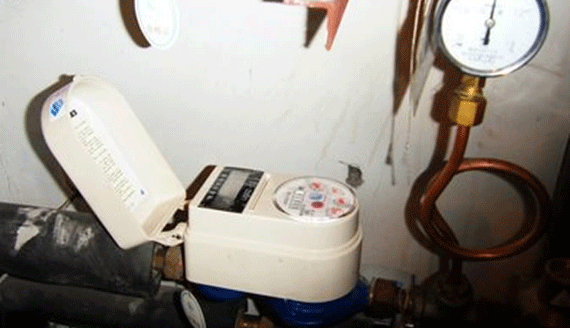
ON Saturday Zimbabwe celebrated World Water Day amid increasing concerns in major cities such as Bulawayo and Harare over moves by local authorities to introduce measures that will certainly make access to the precious commodity more expensive.
The theme for this year’s celebrations was “Water and Energy”. The United Nations said the theme was chosen in recognition of the interpendence of water and energy.
“Energy generation and transmission requires utilisation of water resources, particularly for hydroelectric, nuclear and thermal energy sources. Conversely, about 8% of the global energy generation is used for pumping, treating and transporting water to various consumers.
“In 2014, the UN is bringing its attention to the water-energy nexus, particularly addressing inequities, especially for the ‘bottom billion’ who live in slums and impoverished rural areas and survive without access to safe drinking water, adequate sanitation, sufficient food and energy service,” the UN said on the day that was celebrated globally.
In Bulawayo, the celebrations were held in the sprawling high-density suburb of Cowdray Park and the impending introduction of a pre-paid water system took centre stage.
The city council says the installation of pre-paid water meters has the potential of increasing the local authority’s annual revenue base to $41 125 million annually up from $29 157 million as well as improving the consumer metering and billing system.
Pre-paid billing has been in the pipeline for years and the project is set to be first rolled out in Cowdray Park before spreading to other areas.
Over the years, local authorities have struggled to collect revenue from customers, including residents, commercial entities and government departments, forcing them to embark on extensive water cuts on defaulters.
- Chamisa under fire over US$120K donation
- Mavhunga puts DeMbare into Chibuku quarterfinals
- Pension funds bet on Cabora Bassa oilfields
- Councils defy govt fire tender directive
Keep Reading
Under the pre-paid water system, consumers would purchase vouchers linked to a credit card with a code that they feed into the meters and get credit units commensurate with the value. Failure to buy credit units would result in one being automatically disconnected.
However, residents argue that most of them would not be able to buy water in advance due to the economic situation. Council has to take these views on board before introducing this system that would impact on people’s pockets.
Water is a basic right and an in as much as councils have to recover costs, they have to be humane in the way they go about it.










